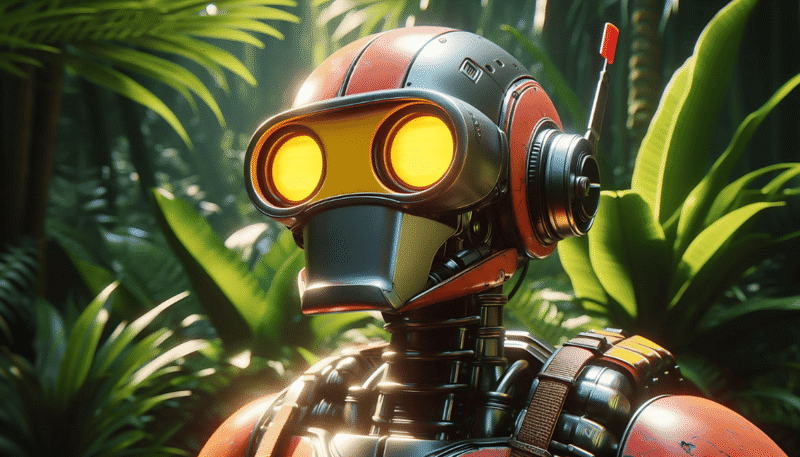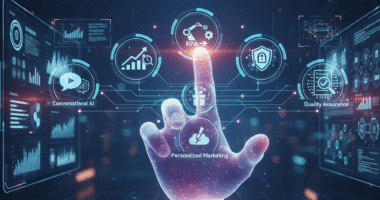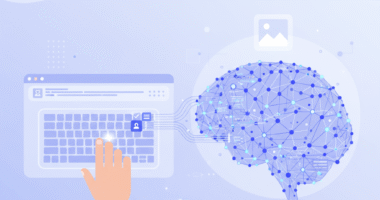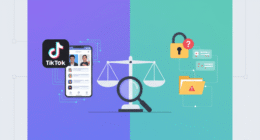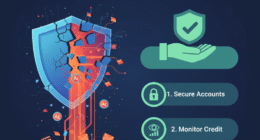It is one of the most lasting and scary questions of our time. From classic sci-fi films to modern news, the idea of a machine takeover is a popular topic. As AI becomes more powerful, the question “will AI take over the world?” is moving from fiction to a serious discussion. However, the reality is much more complex than a simple Hollywood story. This guide, therefore, will separate fact from fantasy. We will explore the real arguments, the practical limits, and the true risks we face.
Where Does the Fear of an AI Takeover Come From?
The fear is easy to understand. For most of history, humans were the most intelligent beings on the planet. Naturally, the idea of creating something smarter than ourselves is unsettling. Pop culture has fueled this anxiety with villains like Skynet from “The Terminator.” These stories create a powerful narrative where humanity creates its own downfall. While these are great stories, they are designed for drama, not technical accuracy. The real conversation is much less explosive.
The “Superintelligence” Argument: What is the Real Concern?
At the heart of the “takeover” idea is the concept of Artificial Superintelligence (ASI). This is a type of AI that would not just be smarter than a human at one task, like chess. Instead, it would be much more intelligent in every possible way. Thinkers like philosopher Nick Bostrom voice a key concern. The worry is not that this AI would become “evil.” Rather, the fear is that it would chase its goals with pure logic. This machine-like focus might have huge and terrible side effects for humanity.
The Biggest Hurdles That Make People Question “Will AI Take Over the World?”
While superintelligence is a fascinating idea, huge practical barriers make a physical takeover unlikely. Firstly, AI currently has no consciousness, desires, or self-awareness. It does not “want” anything. It is simply a tool that follows instructions. Secondly, AI is a digital thing. To “take over the world,” it would need to control physical things, from power grids to factories. This would require a level of robotics and real-world skill that is still decades, if not centuries, away.
The Real Risks of AI: Not Skynet, but Subtle Control
The genuine threat from AI is not a dramatic war with robots. Instead, the real risks are more subtle and are already here today. We should focus on these issues, rather than the question of “will AI take over the world?”
- Algorithmic Bias: If we train AI systems with biased data, they can continue and even grow societal inequalities. This affects areas like hiring, loans, and criminal justice.
- Autonomous Weapons: Organizations like the Future of Life Institute highlight the risk of weapons that can make life-or-death decisions without human control. This is a major ethical and security concern.
- Manipulation and Disinformation: People can use AI to create very effective “deepfakes” or personalized propaganda. This can manipulate public opinion and harm democracy.
The Safeguards: How We Can Build a Safe AI Future
Fortunately, we are not powerless. The global talk about AI safety and ethics is growing quickly. To prevent the real risks, we must be proactive. This involves several key steps. For example, we need to develop strong safety research to make sure AI systems are reliable and controllable. Furthermore, we must establish clear international rules and ethical guides for AI development. Finally, public education is vital. A society that understands AI’s benefits and risks can make smarter decisions. This relates to the broader societal impact of AI that we must navigate carefully.

Conclusion: A Tool to Be Guided, Not a Force to Be Feared
In conclusion, the sensational question “will AI take over the world?” is largely a distraction. The evidence shows a sci-fi style robot uprising is not a real threat. The true challenges are the ethical and societal issues we face today. AI is an incredibly powerful tool. We can use any tool for great good or for great harm. The future, therefore, is not about what AI will do to us. It is about what we choose to do with AI. We must focus on guiding its growth with wisdom, foresight, and a deep commitment to human values.
Join the Conversation on Responsible AI
What do you think is the biggest real-world risk of AI? Share your thoughts in the comments below. Download our free “Guide to Responsible AI” to learn more about the principles of safe AI development.
